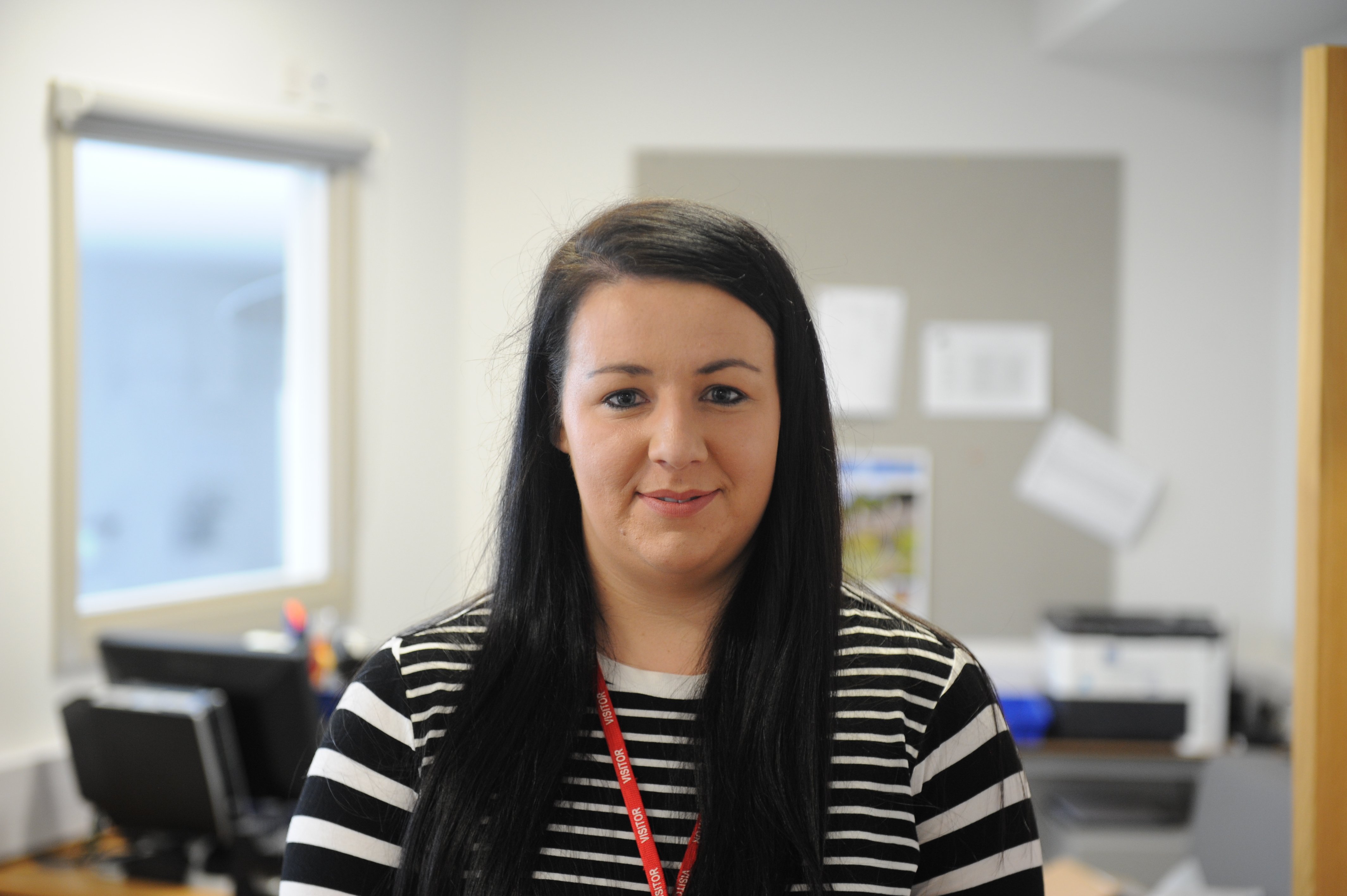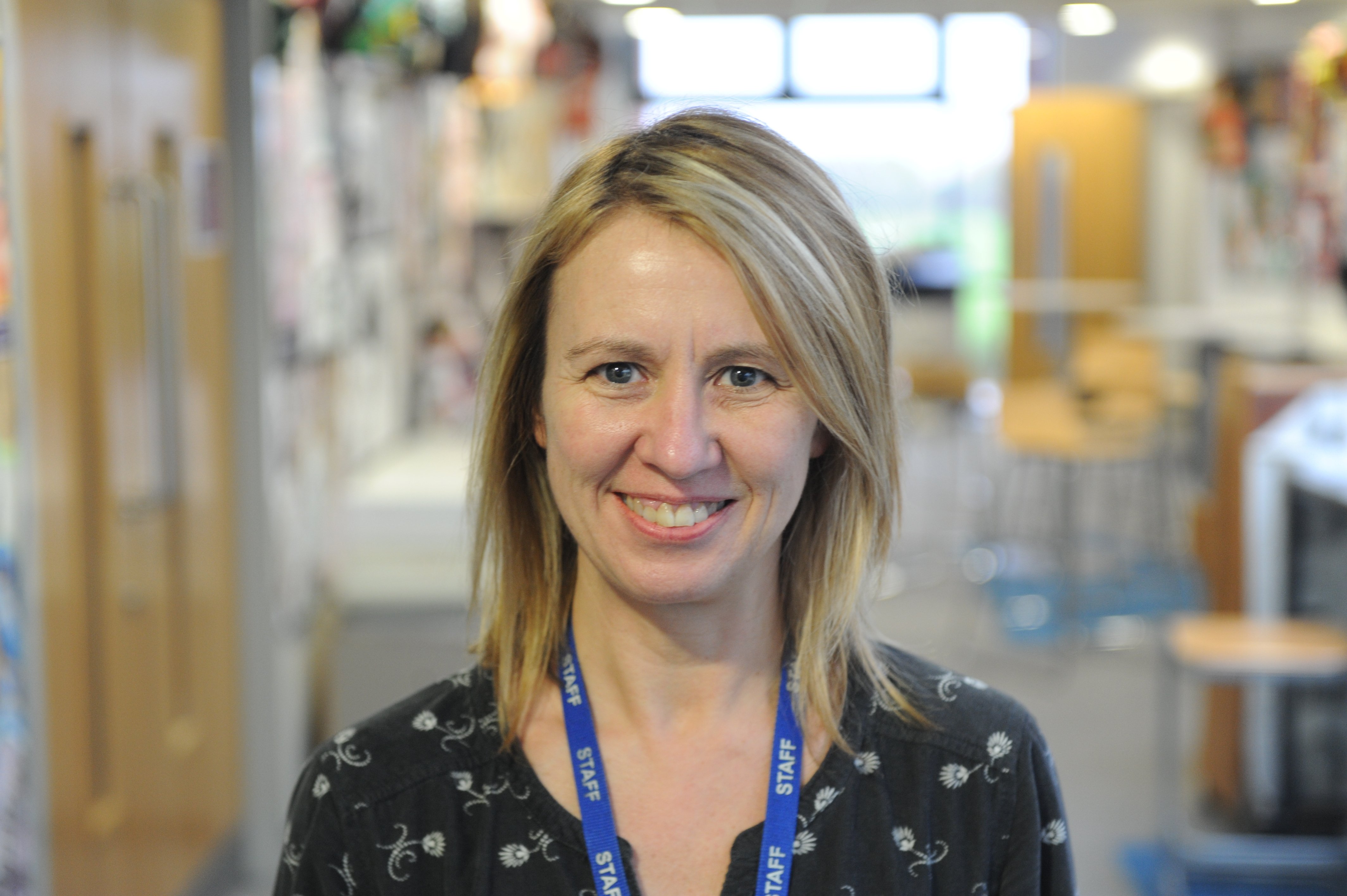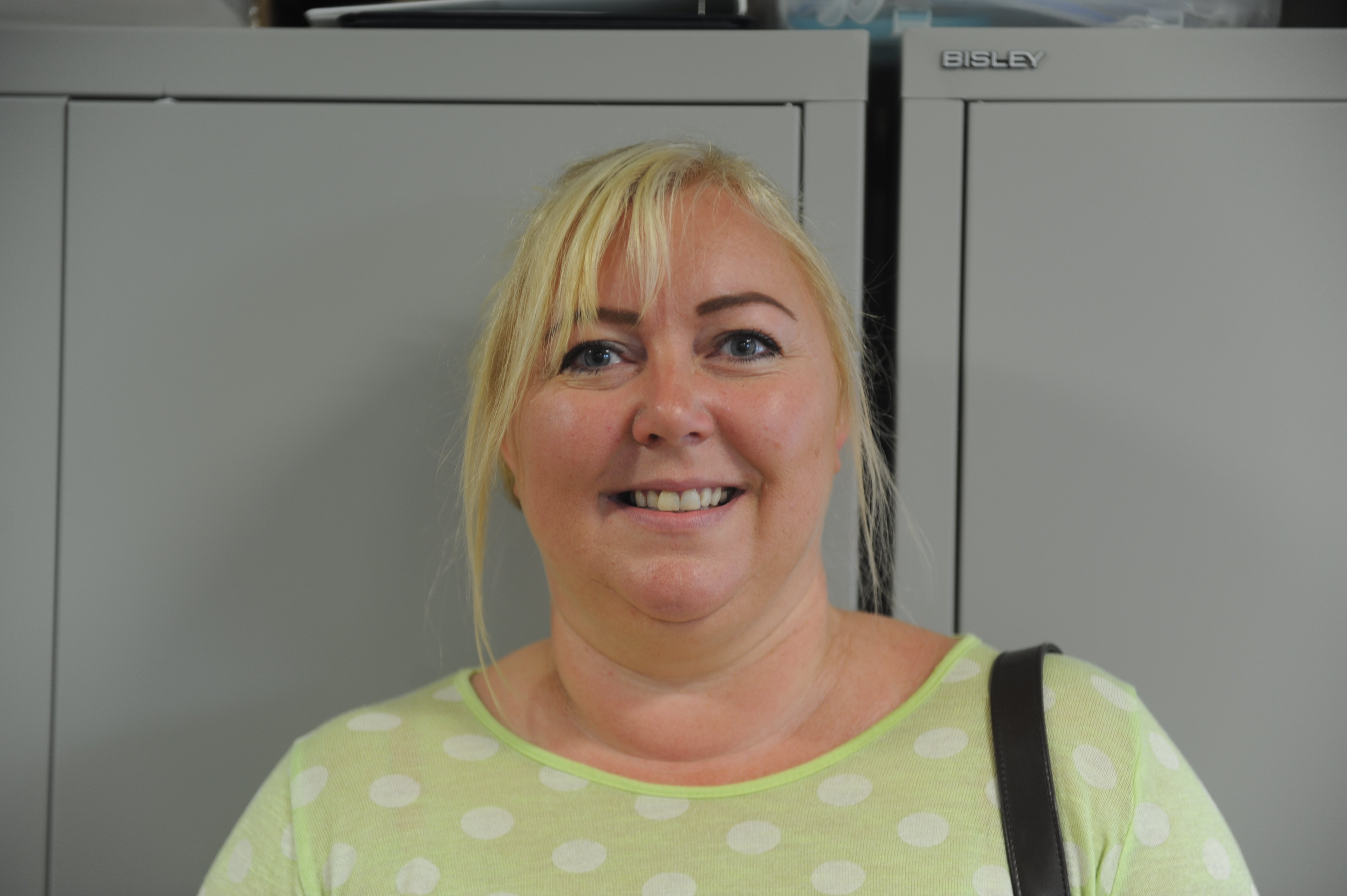Music, Art and Drama
Music
 |  |  |
Mr Beavon Faculty Lead of Music & Drama | Mrs Foster Teacher of Music, Drama, Photography & Science | Miss McGeough Teacher of Music & Drama |
| Year Group | Term 1 | Term 2 | Term 3 |
| 7 | Find Your Voice: Students use their voice to recreate pop songs.
| Folk Music: Exploring the music of the British Isle.
Composition through Graphic Scores: Experimenting with different staff notation. | Music in the media: Exploring music used in adverts through a variety of instruments and elements, leading to performance and composition tasks.
|
| 8 | Find Your Voice: Students use their voice to recreate pop songs, building on the techniques they developed in Year 7.
| Blues: 12 Bar blues performance and composition.
Composition through Graphic Scores: Experimenting with different staff notation whilst composing music. | Informal Learning: Working with in a group to create a complete performance of a pop song.
|
| 9 | BTEC Skills development lessons: General music knowledge. Unit 1 : The Music Industry Exam; Learning aims- A: Understand different types of organisations that make up the music industry B: Understand job roles in the music industry. Unit 5: Performance Learning aims- A: Develop your music performance skills and review your own practice B: Use your music performance skills within rehearsal and performance. | ||
| 10 | BTEC Unit 1 : The Music Industry Exam; Learning aims- A: Understand different types of organisations that make up the music industry B: Understand job roles in the music industry. Unit 5: Performance Learning aims- A: Develop your music performance skills and review your own practice B: Use your music performance skills within rehearsal and performance. | ||
| 11 | BTEC Unit 1: The Music Industry Exam Learning aims- A: Understand different types of organisations that make up the music industry B: Understand job roles in the music industry. Unit 2:Managing a Music Product; Learning aims- A: Plan, develop and deliver a music product B: Promote a music product C: Review the management of a music product. | Unit 3: Introducing Live Sound Learning aims- A: Plan for a live music event B: Demonstrate understanding of health and safety C: Set up and use live music systems. | GCSE: Eduqas Performing 30%: A minimum of two pieces. One must be ensemble, lasting one minute. The other pieces can be solo or ensemble to make up the remaining three minutes. One piece must link to an area of study. Composing 30%: Two compositions; one in response to a brief and the second is a free composition. Appraising 40%: Written Exam; Six listening questions and two questions taken from the set works , EineKleineNachtmusik (Mozart) and Since You’ve Been Gone (Rainbow). |
Art
 |  |
Ms K Slavin Teacher of Art | Ms K Roban SLT & Teacher of Art |
| Year Group | Term 1 | Term 2 | Term 3 |
| 7 | Foundation skills- introduction to the basic “Elements of Art” -Line, Tone, Shape, Space, Form, Colour, Pattern and Texture. Project on Colourlinked to an artist or culture. | Project on Pattern and Decoration linked to an artist or culture. | Project on Observational drawinglinked to an artist or culture. |
| 8 | Project based on Mark Making techniques linked to an artist or culture. | Project based on Construction linked to an artist or culture. | Project based on Distortionlinked to an artist or culture. |
| 9 | Students will be introduced to the four assessment objectives and start to create evidence for their coursework portfolio. They willdevelop an understanding of how to select appropriate resources and apply them in a creative way. Component 1 Coursework portfolio- project 1. | Students will develop technical skills through teacher lead project work and experimentation with a variety of media. Such as printing, pastel, watercolour and inks. Continuation of Coursework portfolio- project 1 and start coursework project 2. | Students will develop further technical skills through teacher lead project work and experimentation with a variety of media such as mod rock, acrylics, collage, wire sculpture Continuation of Coursework portfolio- coursework project 2. |
| 10 | Students will build on knowledge and skill within projects which will continue to form the majority of their coursework portfolio . Component 1 Coursework portfolio- project 3 – personal response, selected by the student to incorporate their personal interests. | Component 1 Coursework portfolio- project 3 personal theme- developed into a final outcome of learner choice such as fabric print, sculpture, painting or mixed media response. | mock exam questions developing an understanding of how to achieve high grades through all four assessment objectives whilst self assessing their strengths and applying these to their creative response through observation and research. |
| 11 | Building on the initial response to the mock exam – developing specific skills using personal strengths and investigations , experiments and media exploration. Completion of their portfolio of work for component 1. | Component 2 Externally set assignment will be delivered in the spring term learners are set their final exam which will result in a ten hour controlled test. This will be a final creative response to their question paper. | Students will complete and outstanding elements of component 1 and focus on areas for development to achieve the highest grade possible. Mounting their work and preparing for display/ exhibition. |
Drama
 |  |  |  |
Mr Beavon Faculty Lead for Music & Drama | Mrs Foster Teacher of Music & Drama | Miss McGeough Teacher of Music & Drama | Ms Roban Assistant Associate Principal & Senior Link |
| Year Group | Term 1 | Term 2 | Term 3 |
| 7 | Introducing Skills – A variety of different devised and scripted activities to develop basic skills.
Musical Performance – Creating whole class and small group performances from a popular Musical. | Physical Theatre – Exploring the use of body, movement and physical theatre techniques to create a piece of devised theatre. | Shakespeare (Macbeth) – Exploration into the work and life of William Shakespeare whilst developing techniques.
Peer Pressure – Devised and scripted work looking at the theme of peer pressure. |
| 8 | Revolting Rhymes – Development of storytelling techniques and extending techniques learnt within Year 7.
Cyber-Bullying – Devised and scripted exploration of Cyber-Bullying to raise awareness. | Physical Theatre – Development of physical theatre techniques used within Year 7, using the work of famous practitioners to extend learning. | Loneliness – Devised and scripted work exploring the theme of Loneliness whilst creating adverts.
Theatre in Education – Creating devised pieces for a specific audience leading to a performance. |
| 9 | Skills Development (Monologue & Duologues) – Skills development including the performance of monologues and duologues as well as development of devising techniques. Specification Links: Component 2 | Practitioner Exploration (Brecht & Berkoff) - Exploration of key works by a famous practitioner, embedding physical theatre techniques. Specification Links: Component 2 & Component 3 Blood Brothers – Scripted performances and analysis of Blood Brothers by Willy Russell Specification Links: Component 2 & Component 3 | Devised Module – Development of devised skill through the exploration of stimulus and themes. Specification Links: Component 1 |
| 10 | Component 1: Devised Piece – Development of final devised pieces based on stimulus and a theme decided as a class. Portfolio of evidence created including analysis and evaluation of performance. Public performance of completed work. Component 3: Theatre Makers in Practice – Analysis and Evaluation of DNA by Dennis Kelly (Section A of the end of course exam). | ||
| 11 | Component 2: Performance from Text – Small group performances of an existing scripted piece which contrasts Component 3 piece. Performances include sections of group dialogue and monologues. Component 3: Theatre Makers in Practice - Analysis and Evaluation of DNA by Dennis Kelly (Section A of the end of course exam). Live Theatre Evaluation of a professional performance that students go to watch within the final year of the course. |
Music
What the pupils say…
Five ways to support your child
- Listen to music with them.
- Tell them about musicians you like.
- Quiz them on musical key terms.
- Watch their Showbie videos with them.
- Encourage them to perform for you what they have been working on.
Art
What the pupils say….
‘Art is my chance to escape the stress of everyday and show my creativity.’
‘I love how art allows me to produce work that makes other people smile’
Five ways to support your child
- Discuss ideas linked to your child’s art project
- Support with researching artists
- Providing your child with basic art materials
- Providing space at home to allow you child to work on their art (particularly at GCSE level)
- Visit art galleries/ exhibitions
Drama
What the pupils say……
‘I like that I am able to express myself and let go in drama.’
‘I have improved my confidence and my English skills.’
‘I like working as a group to create theatre that tackles important issues to me.’
Five ways to support your child
- Read through scripts with your child that they bring home
- Allow your child to watch a variety of genres of TV, film and theatre.
- Create mind maps of key drama strategies.
- Talk to your child about the different characters and personalities we see in everyday life.
- When rehearsing, encourage your child to speak confidently and with projection.
Music
Useful websites and resources
https://www.bbc.com/bitesize/subjects/zmsvr82
https://quizlet.com/113766820/btec-the-music-industry-exam-revision-flash-cards/
http://www.teoria.com/en/exercises/md.php
Art
Useful websites and resources
www.bbcco.uk/schools/gcsebitesize/art
Drama
Useful websites and resources
https://dramaresource.com/drama-strategies/
https://www.dramanotebook.com/monologues-teenagers/
https://www.backstage.com/monologues/teens/
https://qualifications.pearson.com/en/qualifications/edexcel-gcses/drama-2016.html


